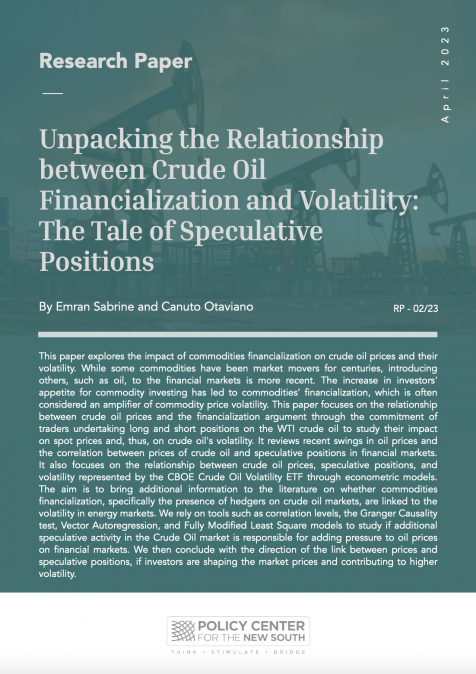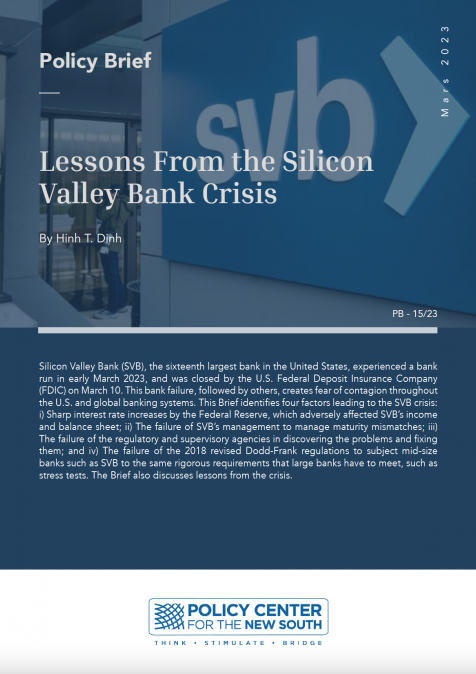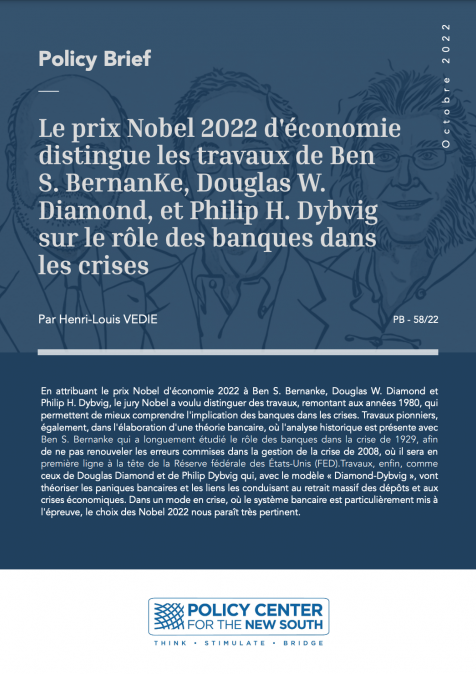Podcasts
Biden’s action: a political economy perspective
01
March
2024
Related topics:
This podcast tackles the intricacies of Biden’s presidency from a political economy standpoint. Our guests initially discuss the degree to which it can be argued that US democracy has recently been under threat. Following this, the conversation shifts to the consequences of US domestic political polarization on its global leadership role. Subsequently, the dialogue explores the surprising political accomplishments of Biden’s presidency thus far, alongside their failure to enhance Biden’s reelection prospects. This podcast is the precursor to additional episodes centered around the US political economy.










